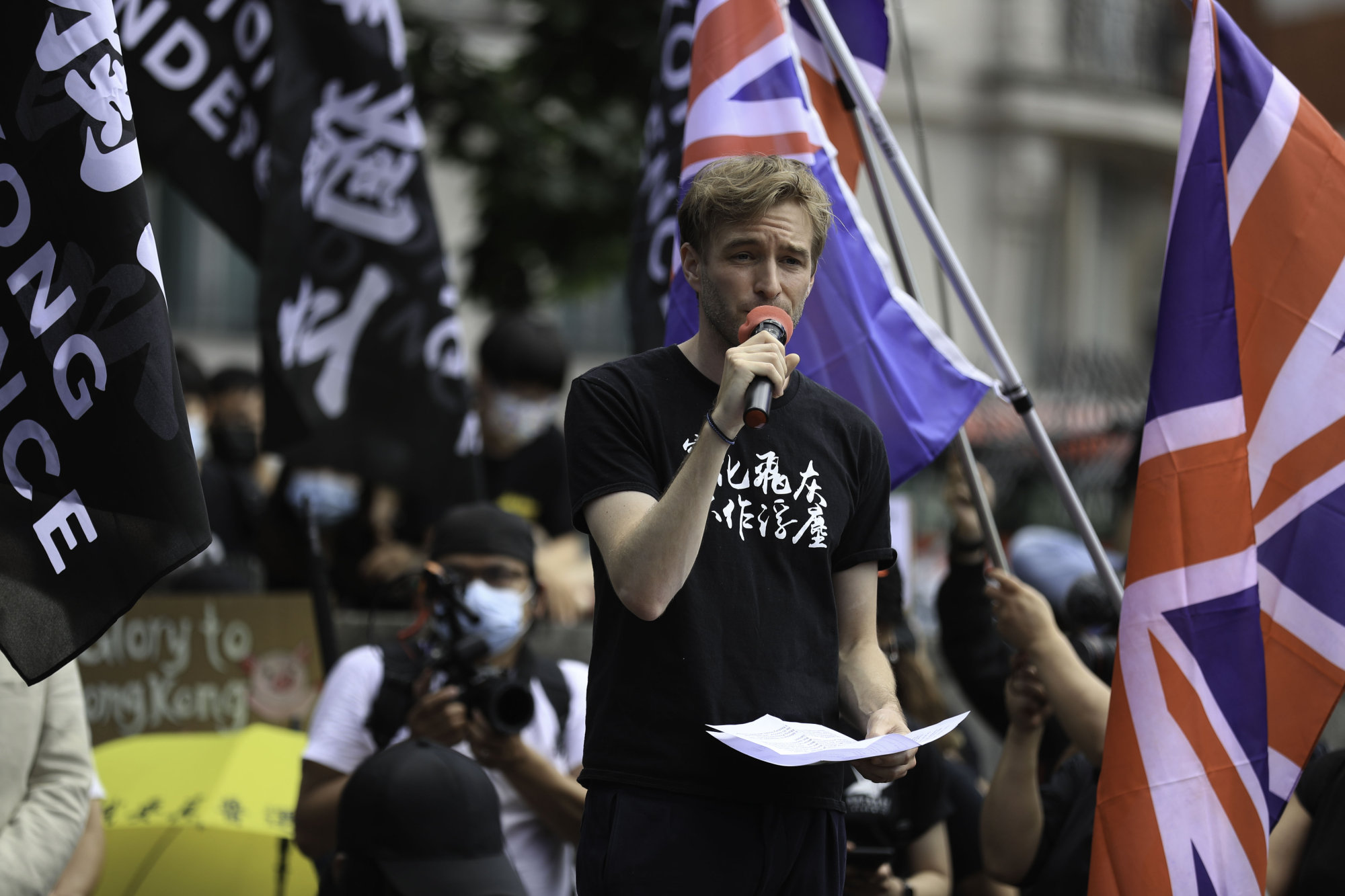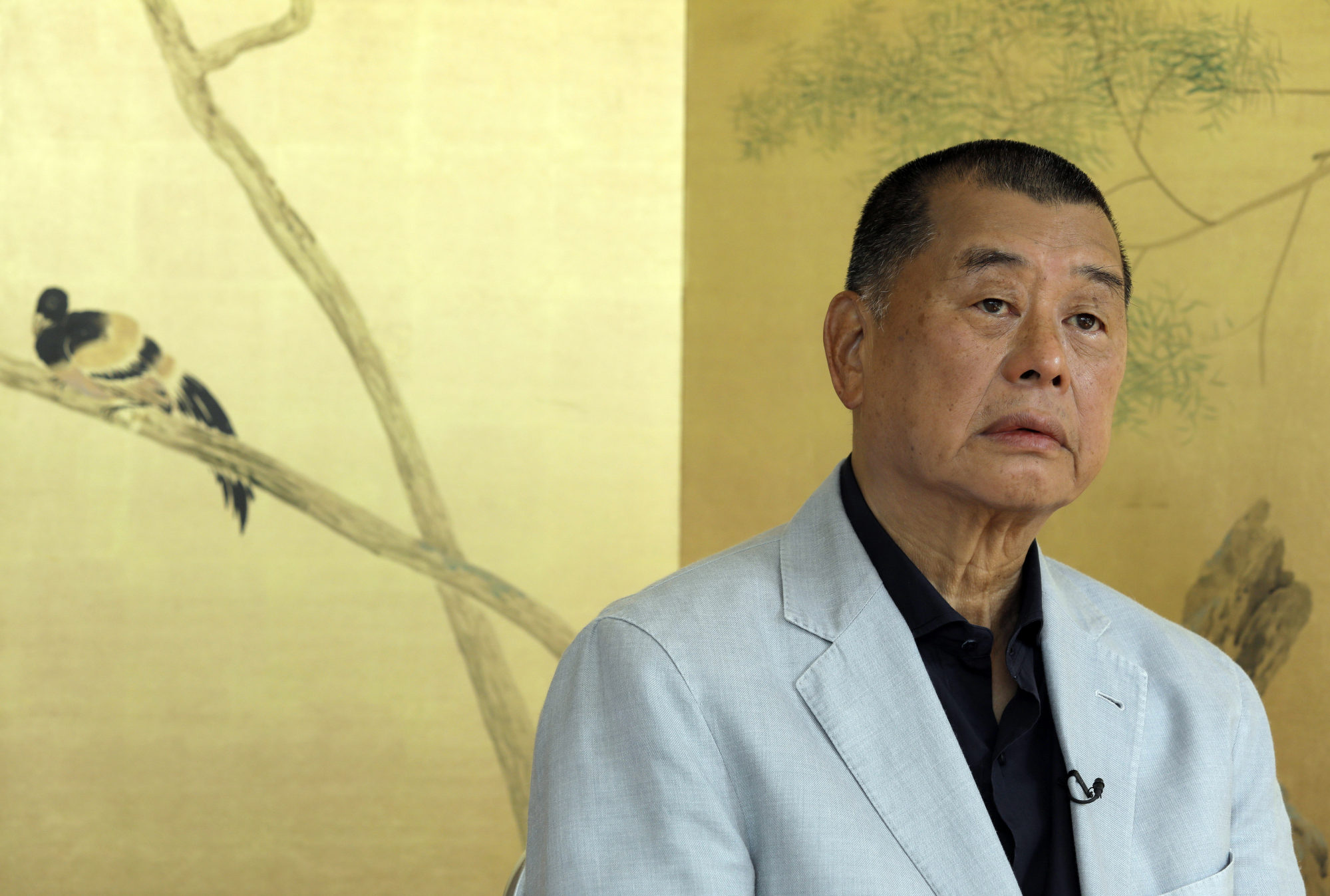
Jimmy Lai trial: activist lobbied foreign politicians to sever extradition treaties with Hong Kong even after national security law took effect, court told
- Andy Li, a defendant turned prosecution witness, tells court emergence of ‘political crimes’ in Hong Kong justified his efforts
- Prosecutor refers to a series of exchanges between Li and British politician Luke de Pulford after national security law took effect in 2020
Andy Li Yu-hin, a defendant turned prosecution witness, on Thursday said the emergence of “political crimes” in Hong Kong justified his efforts to get foreign governments to review their legal arrangements with the city.
“The signatories of such treaties may revise or renegotiate the text so as to prevent extradition for political crimes,” Li told West Kowloon Court.

The activist also prepared a list of countries that had agreements with Hong Kong on mutual legal assistance and the surrender of fugitives for de Pulford to follow up on with IPAC, which prosecutors described as a coalition of overseas lawmakers critical of Beijing.
De Pulford in return asked Li to approach then Japanese MP Shiori Kanno to see if she was intent on tabling a bill to amend her country’s legal treaties with Hong Kong.
Hong Kong activist Agnes Chow backed Japanese bill against city, court told
De Pulford and Kanno are among four non-Chinese individuals listed as co-conspirators in the indictment.
Li pleaded guilty to conspiracy to collude with foreign forces in 2021 and is currently being held behind bars pending sentence.
The court heard the signatories comprised the city’s opposition district councillors, as well as lawmakers from Canada and Japan.
Chau asked the court to note that the letter, albeit published before the national security law took effect, remained accessible after the legislation’s promulgation and was updated with a new list of signatories on numerous occasions.
De Pulford warned Hong Kong would be “collateral” in the fight against Beijing, which he considered the “enemy”.
“The question now is how to punish, divide and conquer, and how to use the terrible things that will happen in [Hong Kong] over the next six months to kill the [Communist Party],” the Briton told Li in a message dated June 26, 2020.
“This we know, and we are happy to play this role,” Li responded.

In subsequent exchanges the same day, Li said economic sanctions on targeted individuals had always been the top priority for him and his comrades, adding the international community should do more than condemning Hong Kong and Beijing officials.
‘Lai’s tabloid ran articles to promote US sanctions after Hong Kong Autonomy Act’
De Pulford echoed the sentiments and noted “we actually need more of this if we are going to take down the [party]”.
But Li stressed he and other campaigners had no reason to go so far as to push for political changes “at Beijing level”.
“Our aim is to first establish [Hong Kong], taking down [the party] might be a secondary motive but it will never be a strong motive for [Hongkongers] to consider sacrificing themselves,” he added.
The trial resumes on April 8.
